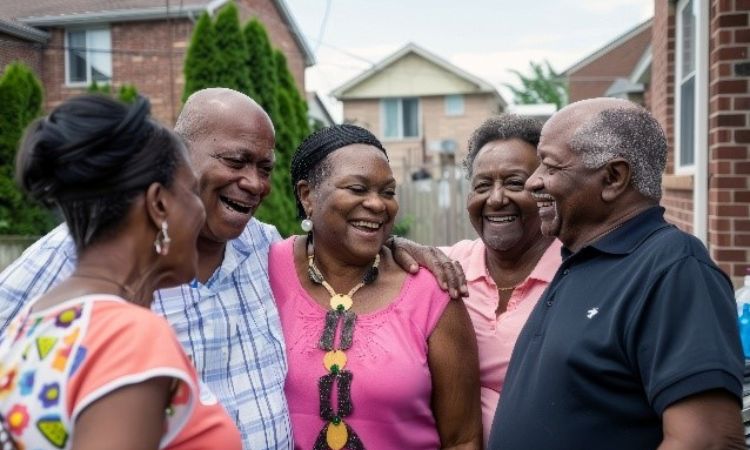A chronic kidney disease (CKD) diagnosis can feel overwhelming but understanding what it means and what to expect can help you take control of your health. CKD is a progressive condition where the kidneys gradually lose function over time. While it can affect anyone, Black Americans are disproportionately impacted due to a combination of genetic, socioeconomic, and healthcare access factors. If you or a loved one has been diagnosed, here’s what you need to know about CKD, treatment options, and how to protect your kidney health.
Understanding CKD in the Black American Community
Black Americans are nearly four times more likely to develop kidney failure than white Americans. This disparity is influenced by higher rates of diabetes and high blood pressure—two of the leading causes of CKD. Additionally, socioeconomic factors such as limited access to preventative healthcare, food deserts, and historical medical mistrust can make it harder to manage CKD effectively.
What to Expect from a Nephrologist
A nephrologist is a kidney specialist who will help manage your CKD and slow its progression. When you first visit a nephrologist, they will:
- Review your medical history and risk factors
- Conduct blood and urine tests to measure kidney function
- Help control underlying conditions such as diabetes and high blood pressure
- Recommend dietary changes to reduce kidney strain
- Discuss medication options to protect kidney function
Regular visits with your nephrologist are essential for monitoring CKD progression and making necessary treatment adjustments.

Treatment at a Dialysis Center
If CKD advances to end-stage renal disease (ESRD), dialysis becomes necessary. Dialysis is a life-sustaining treatment that removes waste, excess fluids, and toxins from the blood when the kidneys can no longer do so effectively. There are two main types of dialysis:
- Hemodialysis: Conducted at a dialysis center, this process involves filtering blood through a machine. It typically requires three sessions per week, each lasting about four hours.
- Peritoneal Dialysis: This home-based treatment involves using the lining of the abdomen to filter blood through a special fluid. It offers more flexibility but requires strict hygiene and care.
Many dialysis centers provide additional services such as nutritional counseling, mental health support, and social services to help patients adjust to life with CKD.
Key Takeaway
A CKD diagnosis is serious, but with early detection and proper management, you can slow its progression and maintain a good quality of life. Black Americans face unique challenges in kidney health, making education, advocacy, and proactive care even more important. Partnering with a nephrologist, making lifestyle changes, and seeking support from a dialysis center when needed can empower you to take control of your health and live well with CKD.
Trusted Resources
National Kidney Foundation: Chronic Kidney Disease (CKD) https://www.kidney.org/kidney-topics/chronic-kidney-disease-ckd
Mayo Clinic: Chronic kidney disease – Symptoms and causes https://www.mayoclinic.org/diseases-conditions/chronic-kidney-disease/symptoms-causes/syc-20354521




